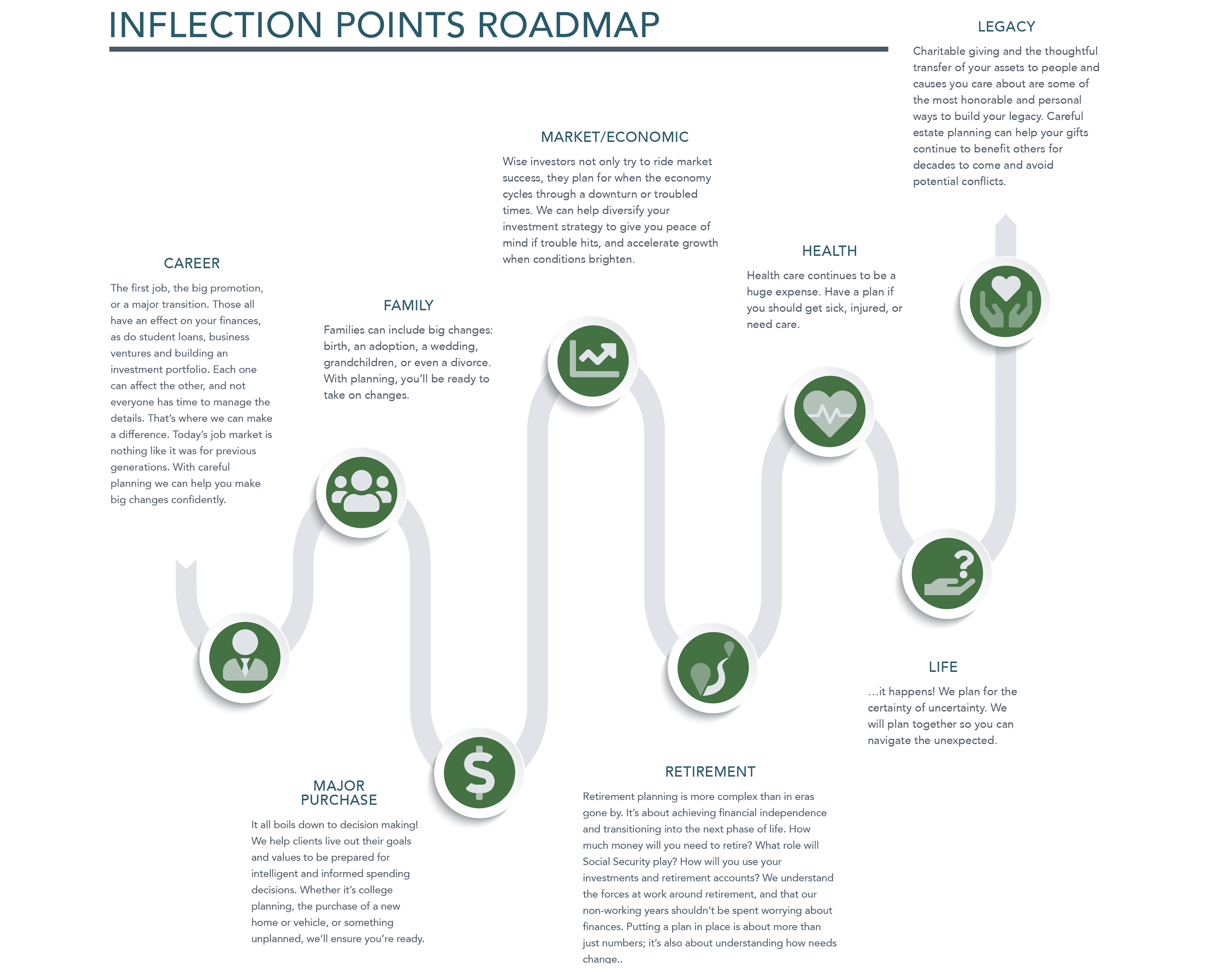Estate Planning
Made Simple

Introduction to Estate Planning
Estate Planning is an essential component to your overall financial plan. It allows you to gain more control over aspects of your life both during your lifetime and after your death. Our goal is to prepare you for the questions that will be asked by your family as it relates to your estate plan.
Will vs Trust Based Plans
One of the most common questions we get is “What is the difference between a will and a trust?” There are a few similarities, but a lot of differences also. In both cases, these documents are a part of your estate plan – to have a complete estate plan, there are also powers of attorney for medical and financial purposes and other documents needed.


- Streamlined process
- Quick turn around
- No attorney fees

| Will Based Estate Planning | Trust Based Estate Planning |
|---|---|
| Trust & Certification of Trust | |
| General Transfer | |
| Property Agreement | |
| HIPPA Release | Hippa Release |
| Will | Will |
| General Durable POA | General Durable POA |
| Durable POA for Healthcare | Durable POA for Healthcare |
| Healthcare Directive | Healthcare Directive |
Similarities between a will-based plan and a trust-based plan:
Exercising Control: Both a will and a trust allow you to control who gets your assets at your death, how those people/entities get your assets, and who is in charge of making financial decisions at your death. The levels of control do vary with trusts enabling more control.
Amendments: Both wills and revocable trusts are “set in sand”, meaning you can change them provided you have the mental capacity. Both documents are “set in stone” upon your incapacity or your death.
Differences:
Probate Avoidance: A trust will avoid probate if funded properly. A will does NOT avoid probate – it merely tells a probate court where the assets go.
Public v. Private: In most states, probate is costly, time intensive, and most documents are public record. If done properly, trusts will be far easier to administer and can be done privately.
Control during your Lifetime: A trust allows you to control what happens now, if you become incapacitated, and what happens at your death. A will only controls what happens at your death.
Already have an Estate plan in place? Wonderful! We also provide the service for reviewing existing plans and providing recommendations for updates; and the ability to help you with those updates!
OUR SERVICE VALUES
OrganizationWe will bring order to your financial life. |
ProactivityWe work with you to anticipate your life transitions and to help you be financially prepared for them. |
AccountabilityWe will help you follow through on financial commitments. |
EducationWe will explore what specific knowledge you’ll need to help succeed in your situation |
ObjectivityWe bring insight from the outside to help you avoid emotionally driven decisions on important matters |
PartnershipWe will work for you and with you in attempt to help you achieve the best life possible |
Organization
We will bring order to your financial life.
Proactivity
We work with you to anticipate your life transitions and to help you be financially prepared for them.
Accountability
We will help you follow through on financial commitments.
Education
We will explore what specific knowledge you’ll need to help succeed in your situation
Objectivity
We bring insight from the outside to help you avoid emotionally driven decisions on important matters
Partnership
We will work for you and with you in attempt to help you achieve the best life possible

